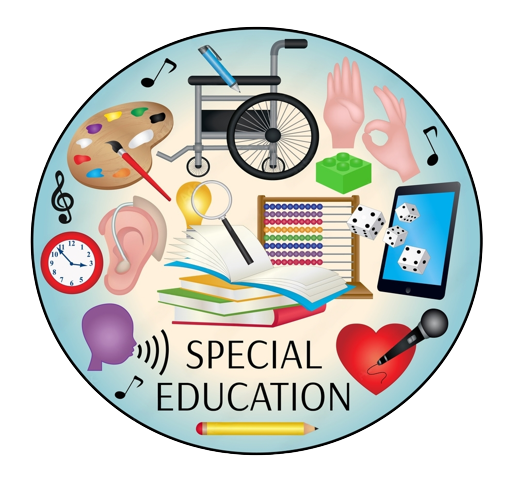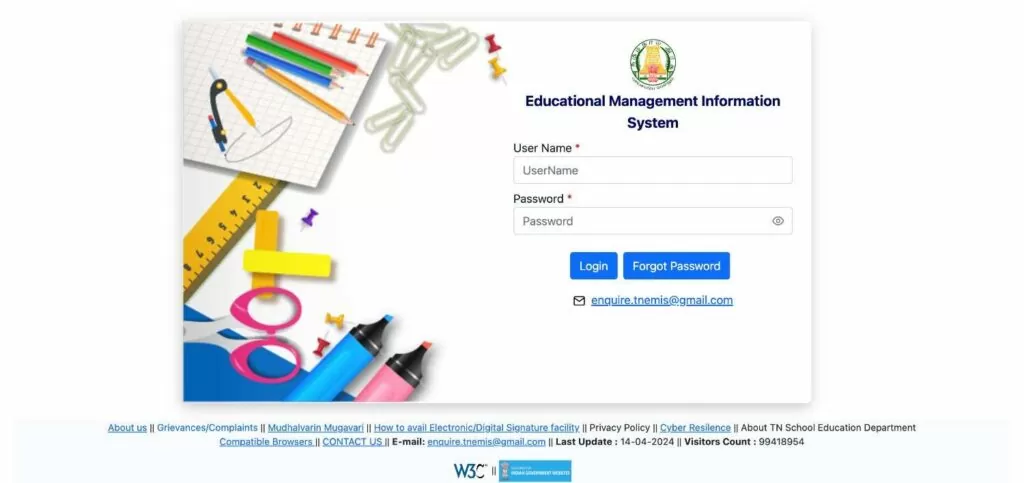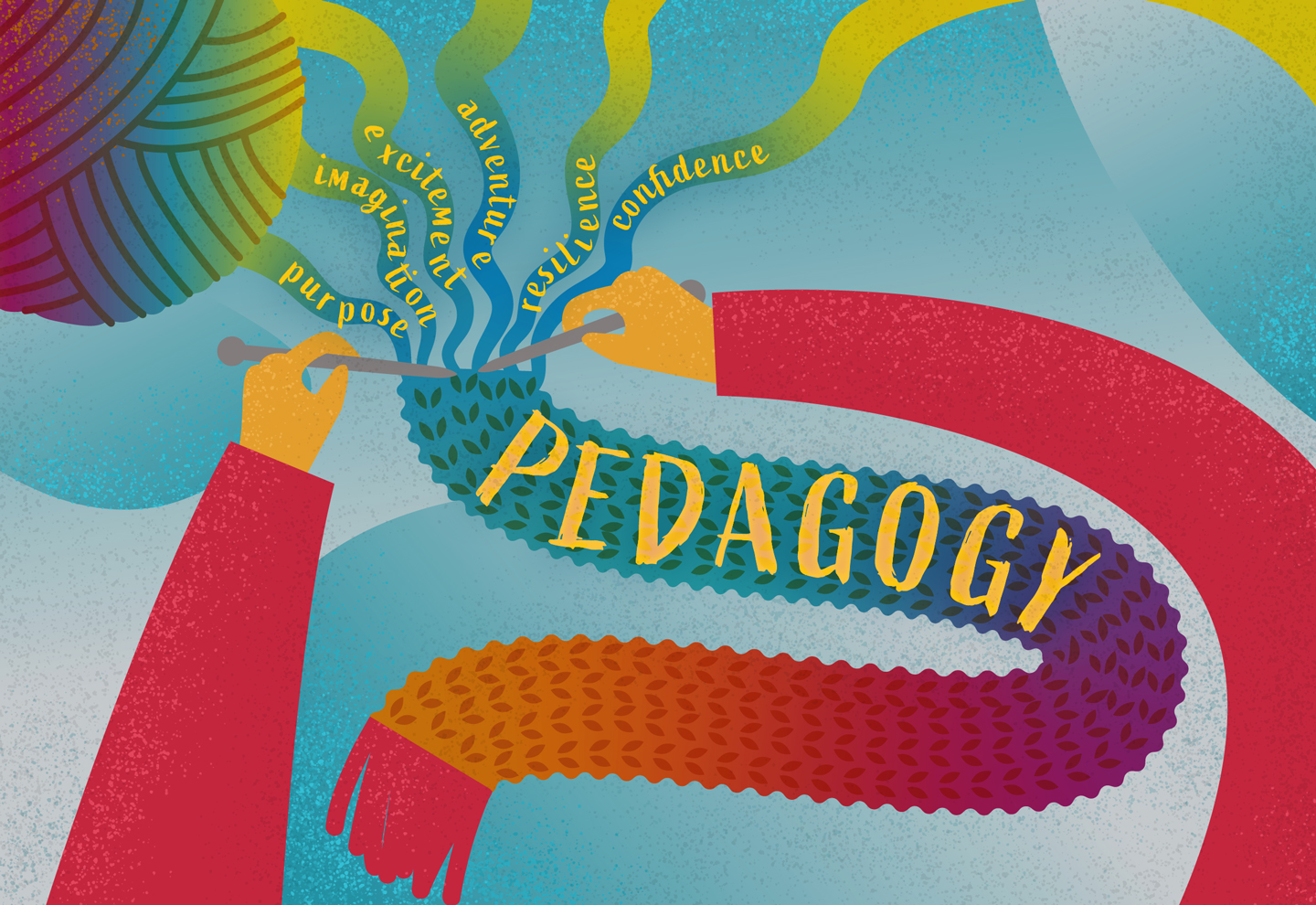Introduction to Special Education
Special education is a specialized educational service designed to meet the unique needs of students with disabilities or exceptionalities. It encompasses a range of instructional strategies, interventions, and support services tailored to address the diverse learning needs, abilities, and strengths of students with disabilities, developmental delays, or other special needs. Special education aims to promote inclusion, access, and academic success for all students, regardless of their abilities or challenges, by providing individualized support, accommodations, and interventions that facilitate learning and growth.
Understanding the Principles of Special Education
Individualized Education
Special education emphasizes individualized education plans (IEPs) that outline specific goals, accommodations, and services tailored to meet the unique needs and abilities of each student. IEPs are developed collaboratively by educators, parents, and other stakeholders and are reviewed and revised regularly to reflect student progress, changing needs, and evolving goals.
Inclusive Practices
Special education promotes inclusive practices that ensure the full participation and integration of students with disabilities in general education settings and activities. Inclusion involves creating supportive and accessible learning environments, fostering positive relationships and peer interactions, and providing accommodations and supports that enable students to access the curriculum and participate fully in school and community life.
Collaboration and Support
Special education emphasizes collaboration and teamwork among educators, parents, specialists, and support staff to provide comprehensive and coordinated services that meet the diverse needs of students with disabilities. By working together, sharing expertise, and leveraging resources effectively, stakeholders can ensure that students receive the support, accommodations, and interventions they need to succeed academically, socially, and emotionally.
Key Components of Special Education
Assessment and Evaluation
Special education begins with comprehensive assessments and evaluations to identify students’ strengths, challenges, and learning needs accurately. Educators use a variety of assessment tools, observations, and data sources to gather information about students’ cognitive, academic, social-emotional, and physical development, informing the development of individualized education plans and instructional strategies.
Differentiated Instruction
Special education incorporates differentiated instruction to meet the diverse learning needs, abilities, and preferences of students with disabilities. Educators use a variety of instructional strategies, materials, and accommodations to adapt instruction to students’ individual learning styles, strengths, and challenges, ensuring that all students have opportunities to access the curriculum, participate actively, and achieve meaningful learning outcomes.
Specialized Support Services
Special education provides specialized support services such as speech therapy, occupational therapy, counseling, and assistive technology to address students’ unique needs and promote their academic, social-emotional, and functional development. These services are delivered by qualified professionals in collaboration with educators, parents, and other stakeholders to ensure that students receive comprehensive and integrated support that meets their individual needs and maximizes their potential.
Strategies for Effective Special Education
Building Positive Relationships
Special education emphasizes building positive relationships and rapport with students, parents, and caregivers to foster trust, communication, and collaboration. By establishing open lines of communication, listening to student and family perspectives, and involving them in decision-making processes, educators can create supportive and inclusive learning environments that promote student engagement, motivation, and success.
Providing Targeted Intervention
Special education provides targeted intervention and support to address students’ specific learning needs and challenges effectively. Educators use evidence-based practices, specialized instruction, and individualized interventions to target areas of weakness, build on students’ strengths, and promote skill development and independence in academic, social-emotional, and functional domains.
Promoting Self-Advocacy and Empowerment
Special education promotes self-advocacy and empowerment by fostering students’ self-awareness, self-confidence, and self-determination. Educators teach students to identify their strengths, challenges, and learning preferences, advocate for their needs, and set goals for their learning and future success. By empowering students to take ownership of their learning and advocate for themselves, educators promote self-efficacy, resilience, and lifelong learning skills.
Conclusion
In conclusion, special education plays a crucial role in ensuring that all students, regardless of their abilities or challenges, have access to quality education, support, and opportunities to succeed. By embracing principles of individualized education, inclusive practices, collaboration, and support, special education promotes equity, access, and academic success for students with disabilities or exceptionalities. By implementing key components such as assessment and evaluation, differentiated instruction, and specialized support services, educators can provide comprehensive and effective support that meets the diverse needs of students and empowers them to reach their full potential.





